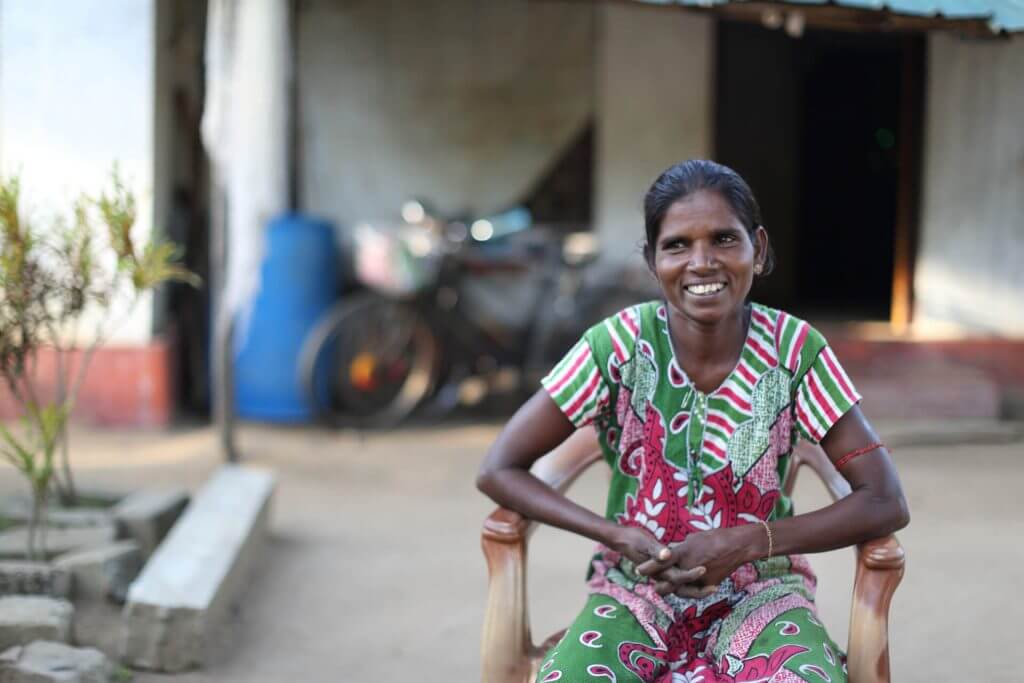Goat Rearing for Women and Disabled
Thank you to all our donors, we have met our fundraising goal.
WHY ARE WE DOING THIS?
As part of Palmera’s sustainable livelihoods focus, Palmera will provide goats and the appropriate training in goat-rearing to 30 families in Korakkankaddu in the Kilinochchi District. This project will focus on widows and people with disability who are struggling to meet their basic needs such as food and shelter after returning to their village from IDP camps. The milk from the goats will provide a nourishing food source for these families, and the milk and meat can be sold to earn an income.
The village was largely goat-rearing prior to the war, so the households will possess strong skills in goat-rearing already. Palmera will work with local organizations and surrounding districts to source and deliver 2 goats to each family. Training will also be provided twice a year to the households so that they are able to successfully rebuild livelihoods in goat-rearing. The lands in the village are already suitable for goat-rearing and grazing. The necessary medical treatments such as vaccines will be given to the goats twice a year.
THE BENEFITS
- provides a regular source of income to widows and people with disability, which will enable these families to access other basic needs such as food and water
- provides a nutritional food source for the widows, people with disability and their families
- utilizes the existing skills and expertise of the community – which was largely goat-rearing before the war – and enhances these skills through further training
- will develop the local economy by improving trade within and across communities

BACKGROUND
Korakkankaddu is one of the villages in the Kilinochchi District, in the Northern Province of Sri Lanka. During the civil war, many women from this village lost their husbands and young ones. They have faced displacement for several years and are now returning to their village. What was once a primarily goat-rearing village, now lacks any secure form of livelihood or food source for its people. The goats were destroyed during the war. There are increased numbers of widows and people with disability in the northern parts of the country. Many survive on just one meal a day.
To begin this project, the appropriate beneficiaries will be selected from the village, with a focus on selecting widows and people with disability. Each beneficiary will be provided with 2 goats. Palmera will work with surrounding Districts to source the goats and transport them to Korakkankaddu. There is sufficient land available in the village that is suitable for goat-rearing and grazing. The selected beneficiaries will be provided with training twice a year In topics such as sheltering, breeding, feeding, caring, animal health and manure use.
It is expected that the milk from the goats will be a nutritional food source, and the meat and milk can be sold for income. This will enable this vulnerable group in society to begin rebuilding their lives.
OUR PARTNER
BOLO seeks to help and work among the poor, afflicted and oppressed to alleviate their miserable condition and improve their livelihood. BOLO has successfully completed a range of development projects in Sri Lanka and has worked with Palmera in the past to implement a successful project providing chickens and training to war widows in Sri Lanka.
Palmera looks forward to once again working with BOLO and their expert team to rebuild livelihoods in Korakkankaddu in the Killinochchi District.


